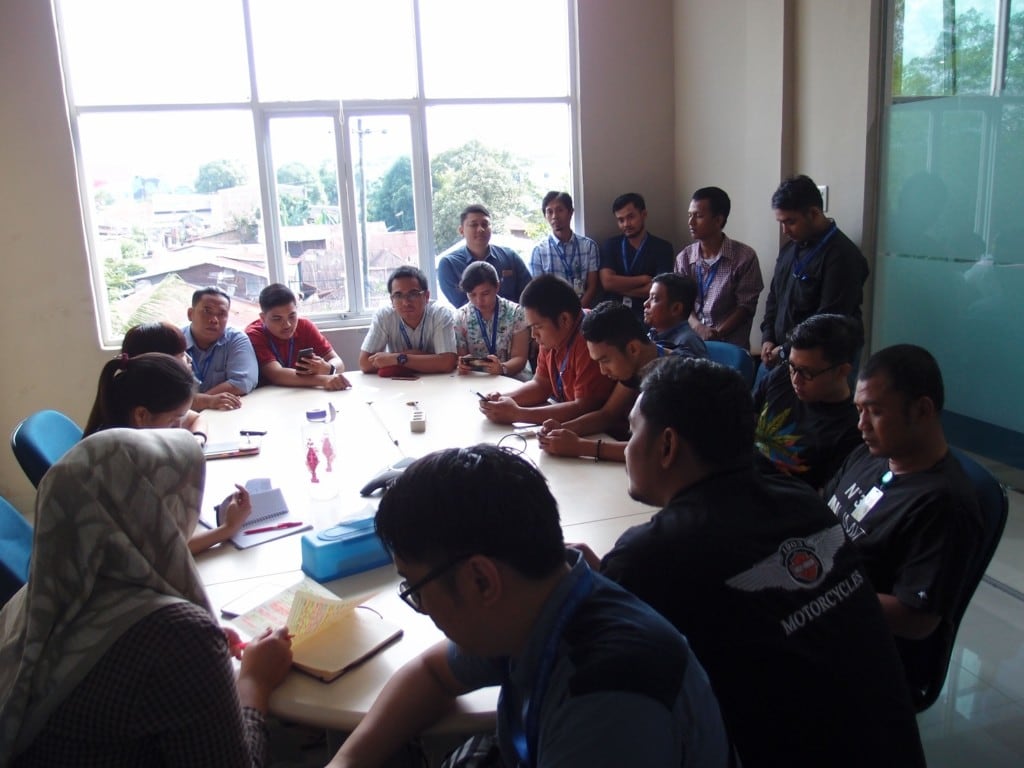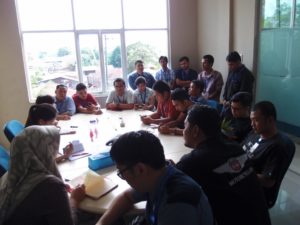Most of the myth says that the meeting is a bad thing. As the business community, we have to accept that the meeting can not be avoided painful and unproductive – one of the necessary evils in life organization. But actually, bad meeting is a reflection of a bad meeting leader. Worse yet, they are destroying the company's success than we realize.
Fortunately, for organizations that are willing to challenge the assumption that the meeting can not be repaired, it is possible to transform what is now drab and weaken into something productive, focused, even energize. The key to improving meetings, apparently, has nothing to do with preparation, agenda, or better treatise. To resolve this issue, leaders need to take opposite views on meetings and apply some basic guidelines.
The first step in changing the meeting is to understand why it was so bad meeting. There are two fundamental problems. First, no drama. It means boring meeting. Second, Most meetings no context and purpose. Confusing because the mixture between the administrative, tactics, strategy, and review; all of which are made out of focus, serpentine, and deliberation that seems no end, with some light and clarity.
Drama
The key to making the meeting more interesting – and a little bored – lies in the identification and fertilization rate of natural conflict that should exist. One example for this case study is in the world of cinema.
Director and screenplay learned long ago that movies need conflict to hold the attention of their audience. The audience must believe that there is a high stakes soon, and they need to feel the tension that the characters feel. Even more, they realize if they do not foster conflict – or drama – of 10 The first minutes of the film, the audience will lose interest and are not interested.
Leaders meeting should do the same by placing the issue of the right – most of the most controversial – on the table at the beginning of the meeting. With the demands of their people bother with such issues until enlightenment is reached, they can create original, compelling drama, and prevent their audience out.
Context and Objective
Unfortunately, no amount of drama that would be a problem if the chairman does not create the right context for a meeting and explain to them why the team meeting was held and what the expectations of the meeting. To create a context, Meeting leaders should distinguish between different types of meetings. Too often, however, they threw every possible conversation into a long staff meeting. This created confusion and frustration among team members who were struggling for the back and forth between the discussion of tactics and strategy, with little or no problem solving.
but remember, to create a context, Meeting leaders may have to convene again. right. meeting again. Do not need a lot of time in meetings, but definitely more different types of meetings. In fact, teams should ideally have four different meetings regularly.
Commitment
One key to making this work branching structure meeting is to address the most common objections corporate leaders, “How do I get my work done if I spent all the time in meetings?”. There are two ways to answer this question.
First, added all the time necessary in the meeting about twenty percent of the time leaders. Ironically, Most leaders even spent time in meetings, especially if they include “a sneaker” which record the time of email delivery, leave a voice message and wandering the hallways to clarify the issue that should have been explained during the meeting in the first place.
Second, leaders need to ask themselves basic questions. “What is the most important of the meeting?”. If they answer “sales” or “email” or “design prodk”, then perhaps they should consider their role as a leader and return to the position of individual contributors. If you think about it, pemipin who hate a very similar meeting with the surgeon who hate human mengorepasi, or a symphony conductor who hate concerts. Meeting is what leaders do, and a solution of bad meetings are not eliminating it, but turn it into a meaningful activity, interest, and relevant.



